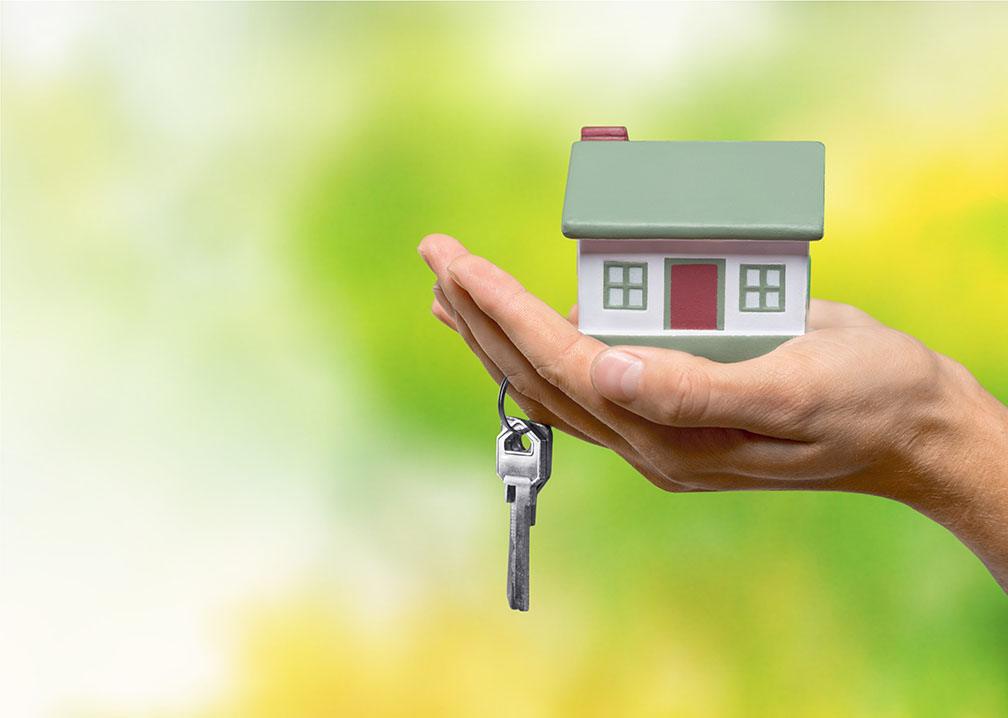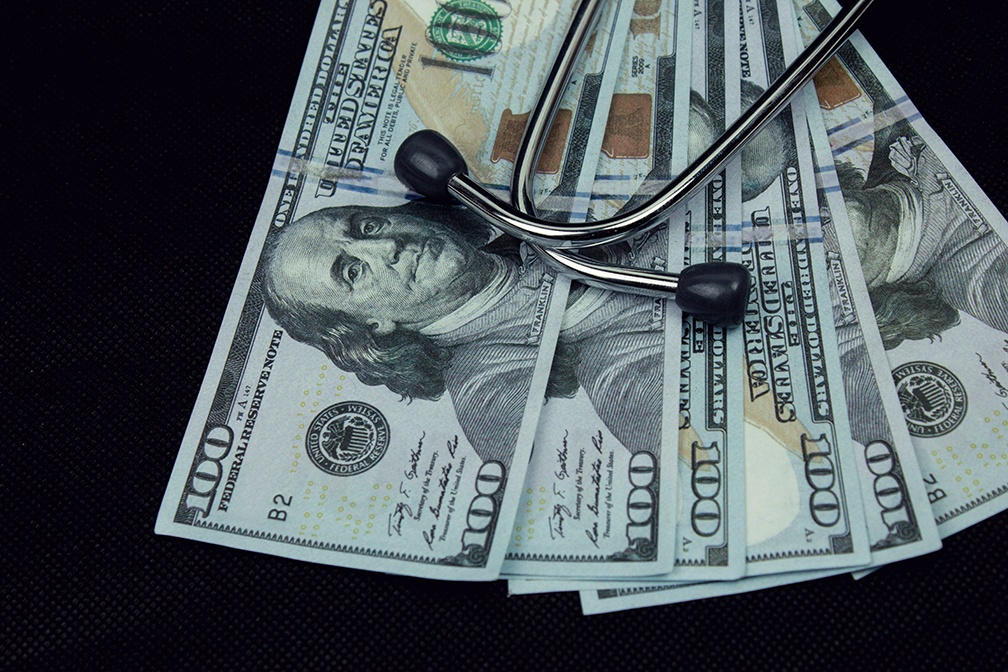Buying A House With No Money Down
 If you dream of owning a house one day, you have probably realized that one of the biggest challenges is saving money for a down payment. You have already found your dream property, but then the lender asks you to put 20 percent down, which can be tens of thousands of dollars. Fortunately, there are alternative options available, and you may be able to purchase a home for no money down.
If you dream of owning a house one day, you have probably realized that one of the biggest challenges is saving money for a down payment. You have already found your dream property, but then the lender asks you to put 20 percent down, which can be tens of thousands of dollars. Fortunately, there are alternative options available, and you may be able to purchase a home for no money down.
VA Loans
One option for qualifying borrowers is a VA loan. As the name suggests, this is a loan that is backed by the Department of Veterans Affairs, and eligible veterans may be able to qualify for a home loan with no money down. You still need to have a credit score that is high enough, and you must have a solid debt-to-income ratio. You will also need to reach out to a lender that has experience with VA loans to see if you qualify.
USDA Loans
Another option that could allow you to purchase a home for no money down is a USDA loan. This is a specific loan program that is available for borrowers located in rural areas who are going to use the property for a specific purpose. Borrowers need to have a credit score of at least 620, meet certain qualifications for debt-to-income ratios, and not learn more than 115 percent of the median income in the area.
FHA Loans
While you may not be able to purchase a home for no money down through an FHA loan, this can make your home loan much more affordable, and you don’t necessarily have to be a veteran or located in a rural area. An FHA loan could allow you to purchase a home for 3.5 percent down as long as you are a first-time home buyer. You may still have to purchase private mortgage insurance (PMI) until you build up a certain amount of equity in your home, but it could make it easier for you to purchase a house for the first time.
Consider exploring some of these options if you are interested in buying a house.
 Are you planning on using a mortgage to help cover the cost of a new home? If so, you will want to prepare your finances and figure out how you will manage all those wallet-draining monthly expenses. Let’s take a look at how to run a quick financial health check to ensure you are ready to apply for a mortgage.
Are you planning on using a mortgage to help cover the cost of a new home? If so, you will want to prepare your finances and figure out how you will manage all those wallet-draining monthly expenses. Let’s take a look at how to run a quick financial health check to ensure you are ready to apply for a mortgage. Many millennials are expected to enter the housing market in the next year with the interest rates still low. However, while it may be a good time, it does not necessarily mean that it’s the right time for you to make the investment. If you’re currently weighing your options when it comes to home ownership, here are some things to consider before you decide put the money down.
Many millennials are expected to enter the housing market in the next year with the interest rates still low. However, while it may be a good time, it does not necessarily mean that it’s the right time for you to make the investment. If you’re currently weighing your options when it comes to home ownership, here are some things to consider before you decide put the money down.